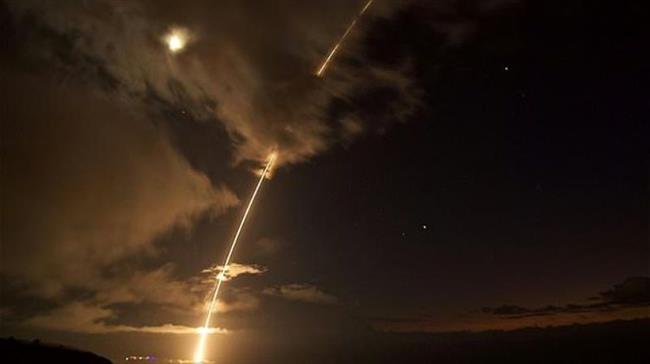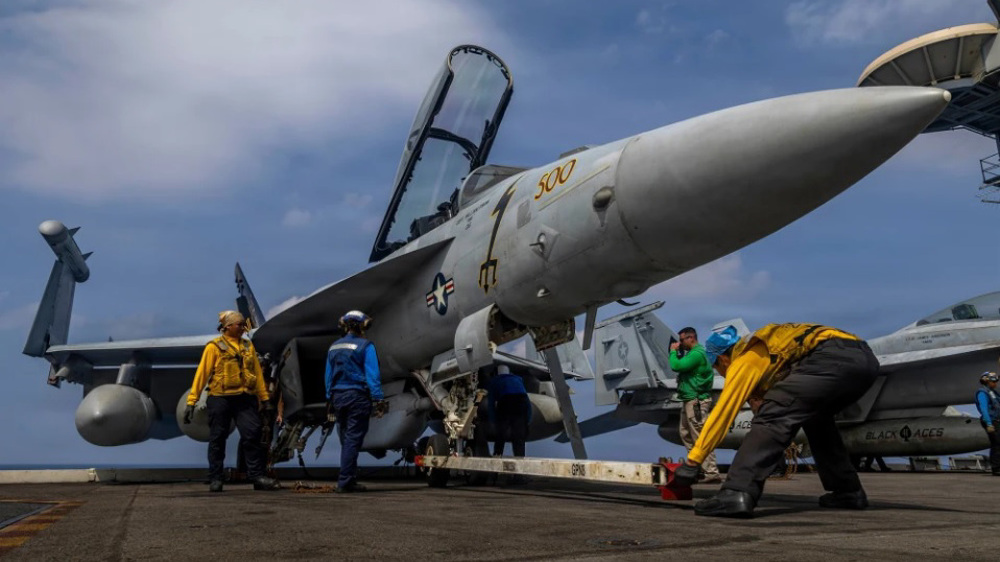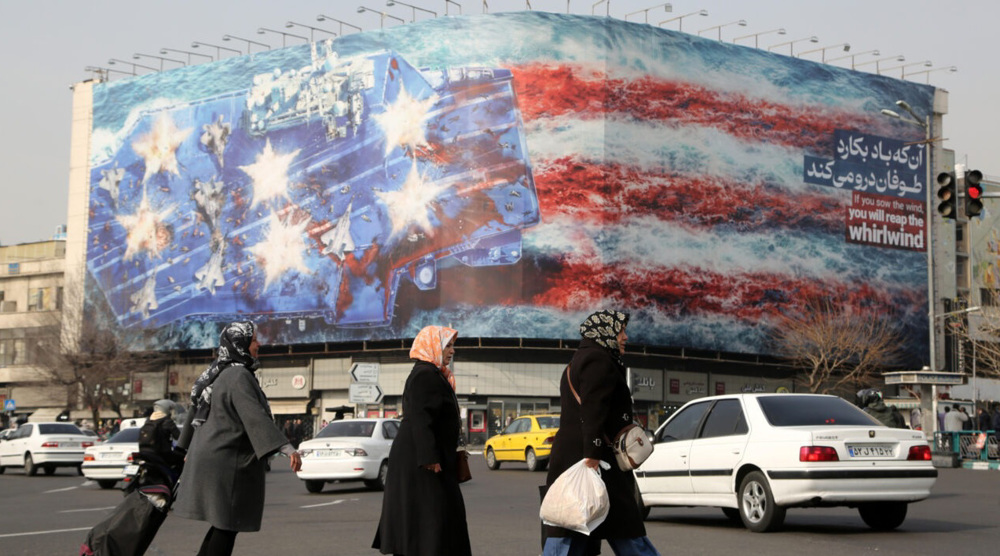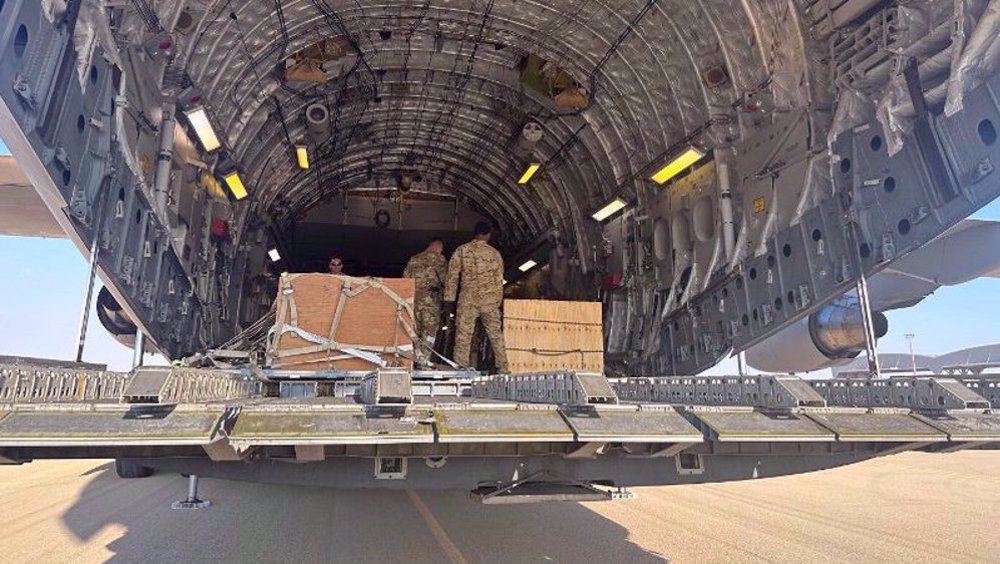US military successfully tests anti-ballistic missile off coast of Hawaii
The US military says it has successfully tested a key missile system off the west coast of Hawaii, shooting down a medium-range ballistic missile.
On Friday, sailors aboard the USS John Finn successfully detected, tracked and targeted the rocket with an SM-3 Block IIA missile, the Missile Defense Agency (MDA) said.
The missile, which is part of the Aegis system, is designed to increase the US military’s capacity to knock down intercontinental ballistic missiles.
The new system is being developed in a joint venture between arms giant Raytheon and Japan's Mitsubishi Heavy Industries Ltd.
In January, the MDA said the US had spent about $2.2 billion on the system, while Japan spent around $1 billion. However, it did not immediately confirm if those figures had gone up.
This test comes after two failed intercept tests, in June 2017 and January 2018, and one successful one in February 2017.
MDA Director Lieutenant General Sam Greaves said, "This was a superb accomplishment and key milestone for the SM-3 Block IIA return to flight."
Speaking on condition of anonymity, one US official said the system would attempt to intercept an intermediate-range missile in the coming months.
In August, the Pentagon was authorized to pursue more options for what Washington said defeating US-bound North Korean missiles through using radar and more missiles.
This is happening despite moves Pyongyang has been taking toward denuclearization of the Korean Peninsula following a summit between President Donald Trump and North Koran leader Kim Jong-un in Singapore, during which the two leaders agreed to work toward denuclearization.
Pyongyang, which suspended its nuclear and missile tests even before that summit, has dismantled a nuclear site, and has returned the remains of US soldiers killed in the 1950-53 Korean War to America. This is while the international sanctions against Pyongyang over its nuclear and missile programs remain in place.
The US, which has been the main sponsor of the international sanctions, says the bans will remain in place against Pyongyang until its complete denuclearization. Experts, however, say dismantling Pyongyang's nuclear weapons program and verifying it would be a large and complex task.
Iran's Armed Forces warn EU of ‘consequences’ of IRGC designation
Iran FM: EU’s blacklisting of IRGC a ‘major strategic mistake’
EU blacklists IRGC in legally flawed move irrespective of consequences
VIDEO | Press TV's news headlines
VIDEO | Afghanistan opens first specialized cancer hospital
Trump officials held secret talks with Canadian separatist group: Report
VIDEO | Pakistan’s legal community condemns UNHRC anti-Iran resolution
Resistance groups announce volunteer recruitment to defend Iran










 This makes it easy to access the Press TV website
This makes it easy to access the Press TV website